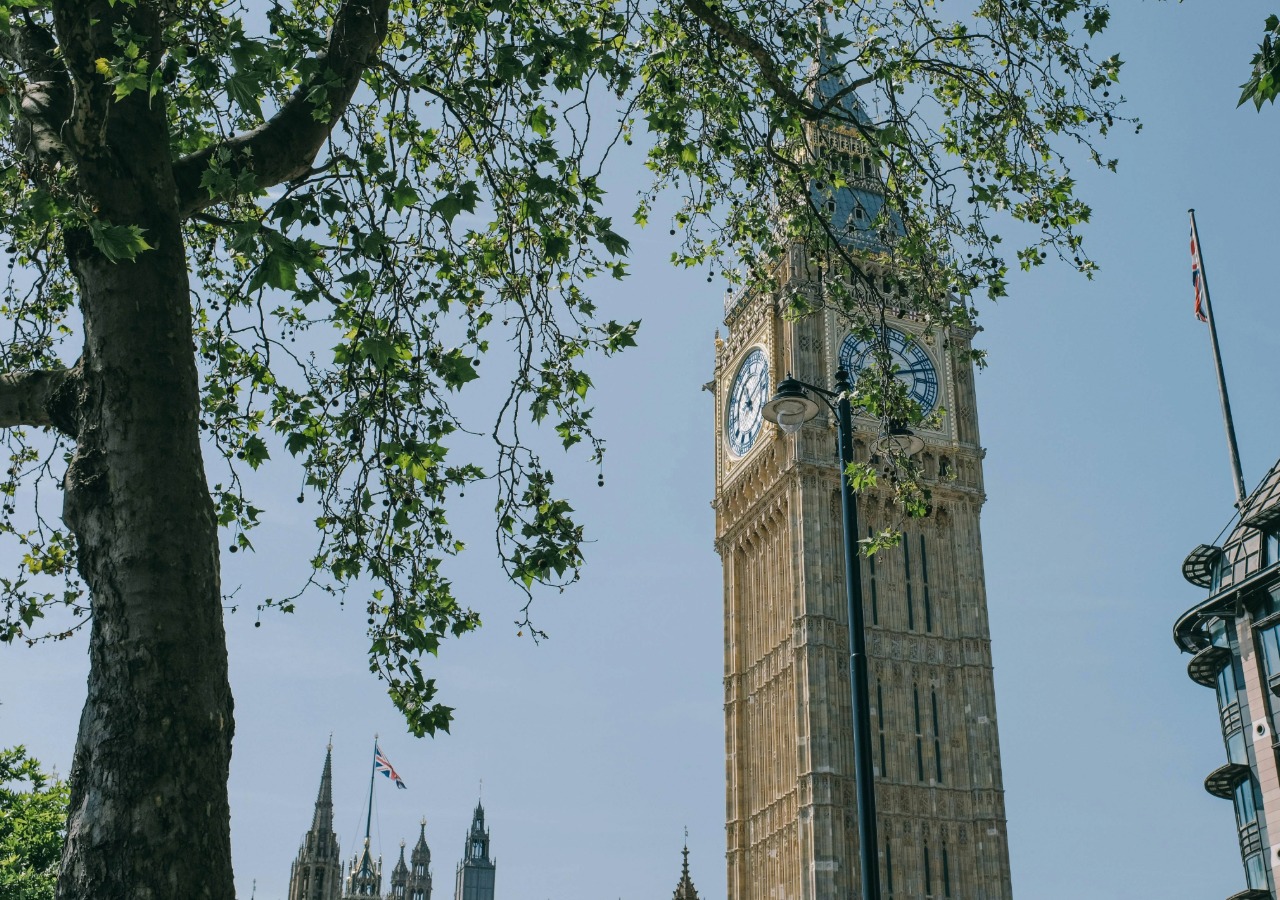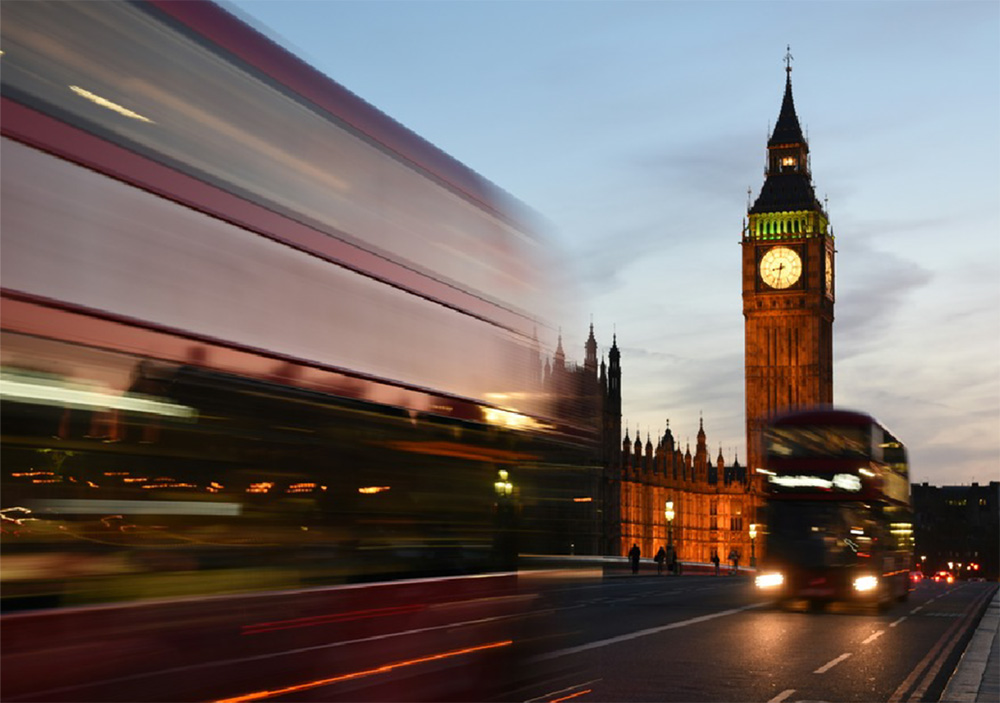VAT On Ride-Hailing Apps
From 2 January 2026, ride-hailing platforms (such as Uber and Bolt) will be prevented from using Tour Operators Margin Scheme (TOMS) to reduce the VAT payable on journeys. This change follows ongoing appeals about whether TOMS applies under current law.
Under TOMS, they would have been able to account for VAT only on the margin between the amount they pay to drivers and the fare charged to customers. The new rules mean VAT will be due on the full fare, significantly increasing the tax liability for affected businesses.
Operators should review their pricing models and compliance processes well ahead of the implementation date to mitigate the impact and ensure readiness.
E-invoicing
From April 2029, all VAT-registered businesses will be required to issue electronic VAT invoices for every business-to-business supply. This forms part of the Government Digitalisation strategy to streamline VAT compliance, improve accuracy, and reduce fraud.
Businesses should start preparing their systems and processes well ahead of the deadline to ensure compatibility with mandatory e-invoicing standards.
VAT On Goods Donated To Charities
From 1 April 2026, eligible goods donated by businesses to charities will qualify for the zero rate of VAT where the goods are either (i) used by the charity in its activities or (ii) donated onwards by the charity. This measure builds on an existing VAT relief for charities that sell, hire out or export donated goods.
The extension aims to encourage corporate donations and reduce costs for charities, supporting their ability to deliver services and aid.
Businesses should review their donation policies to ensure proper documentation to benefit from the zero rate.
Motability Scheme
From 1 July 2026, a 20% VAT charge will apply to top-up payments made under the Motability Scheme or equivalent qualifying schemes where the payment exceeds the standard Motability allowance. This measure will not apply to vehicles adapted for wheelchair or stretcher access.
The policy reflects the Government’s view that the Motability Scheme should be geared towards aiding mobility for the elderly and disabled rather than funding premium upgrades.
Business and scheme participants should review their arrangements and pricing structures to ensure compliance and to budget for the additional VAT costs where applicable.
Cross-Border VAT Groups
From 26 November 2025, HMRC’s policy on cross-border VAT groups reverts to its previous position, allowing overseas establishments to be included within a UK VAT group, as set out in R&C Brief 7/2025.
VAT groups that amended their VAT accounting procedures to HMRC’s 2015 guidance may now be entitled to reclaim VAT that was incorrectly charged over the past four years.
Businesses should act promptly and submit claims to avoid losing entitlement as VAT periods fall outside of the claim window. This change provides an opportunity for groups to review historic transactions, update internal processes and ensure compliance with the reinstated policy.
Air Passenger Duty (APD): Rate Increases and Private Jet Expansion
From 1 April 2027, private jets weighing over 5.7 tons will be subject to the higher band of APD.
Customs Duties: Removal of Low-Value Consignment Relief
From January 2027, the £135 de minimis threshold for duty-free imports from non-EU countries will be abolished. Low-value goods will face standard customs duties (0–12% on Importers and platforms should integrate duty calculations into checkout processes and audit supply chains for compliance.
Soft Drinks Industry Levy: Expanded Scope
From April 2026, the soft drinks levy will extend to milk-based drinks like sweetened lattes and milkshakes, ending their previous exemption. On-site cafe servings remain exempt. The expansion supports public health objectives and combats hidden sugars.
Manufacturers should review their arrangements and pricing structures to take account of the changes.














